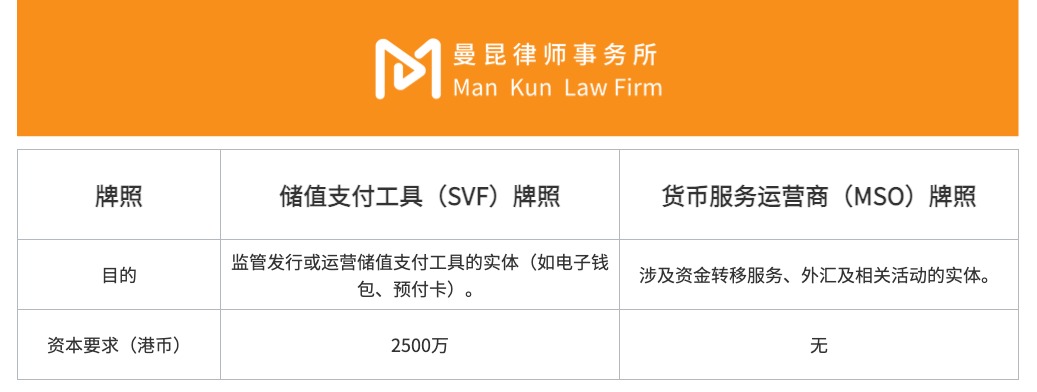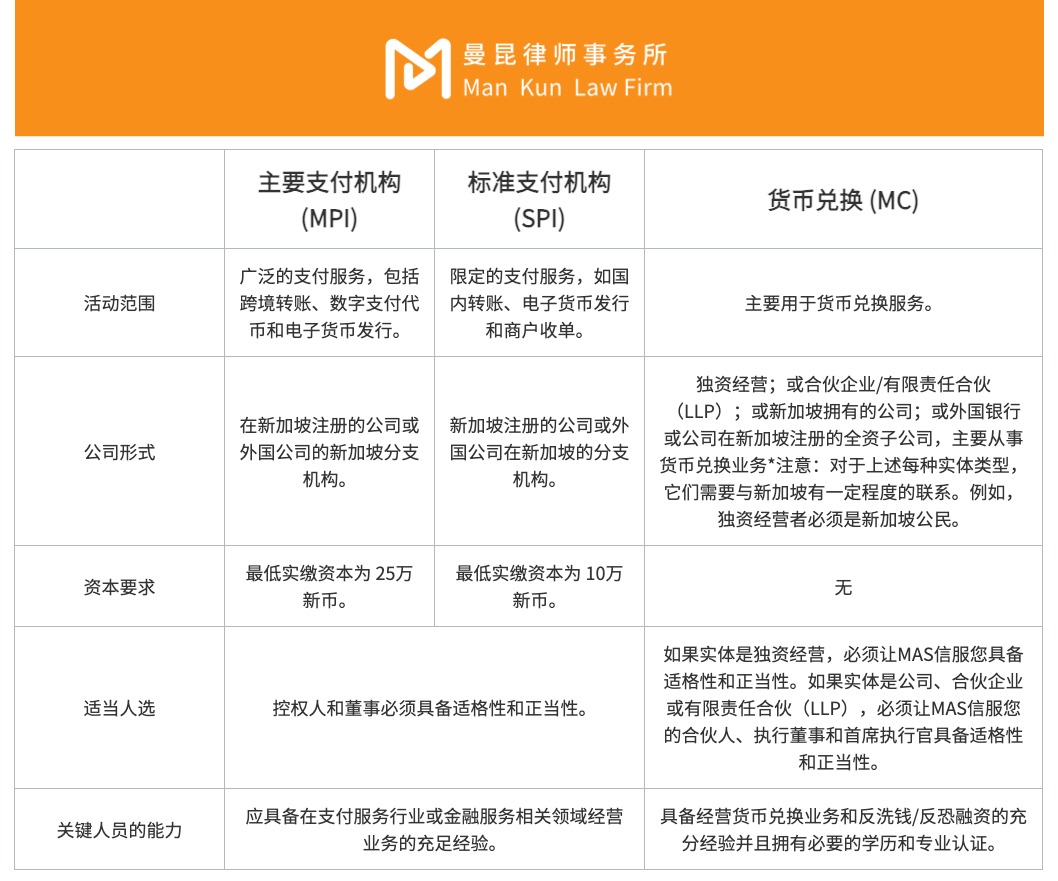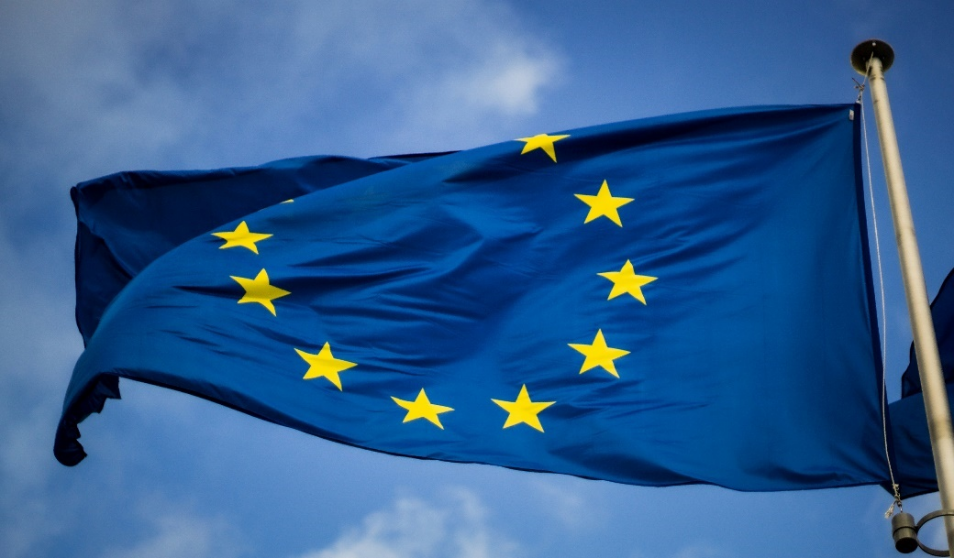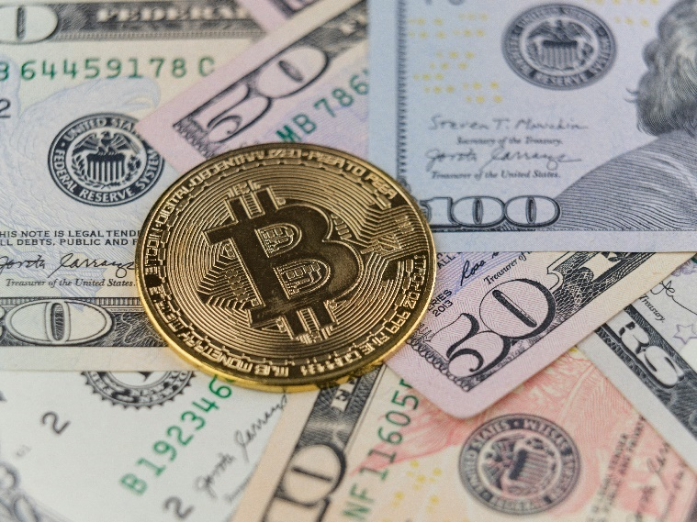In today's interconnected world, cross-border payments are a key driver of global trade, promoting international transactions and economic growth. As businesses expand their international operations, the efficiency and cost-effectiveness of payments become increasingly crucial. The traditional bank-dominated field is rapidly changing due to the rise of digital currencies and stablecoins.

Digital currency innovation has effectively addressed the high costs and lengthy processing times associated with cross-border payments. In particular, stablecoins bridge the gap between the volatility of cryptocurrencies and the stability required for daily transactions. Tethered to fiat currencies such as the US dollar, stablecoins facilitate faster and more secure transfers, making them an ideal choice for global enterprises.
However, while the widespread application of digital currencies has streamlined operations, it has also brought about regulatory challenges. Governments and financial authorities around the world are striving to keep pace with technological developments. In this article, Bai Zhen, head of the Manquan Hong Kong office, will explore the regulatory environments in China's Hong Kong, Singapore, the European Union, and the United States, with a focus on the different licensing requirements involved in cross-border payments.
Hong Kong
Hong Kong is at the forefront of digital payment innovation, thanks to its robust regulatory framework. The Hong Kong Monetary Authority (HKMA) is the primary regulatory body responsible for overseeing payment systems, stored value facilities (SVFs), and electronic currencies. Meanwhile, the Hong Kong Customs and Excise Department regulates money service operators (MSOs).

The following are the main payment licenses in Hong Kong:
- Stored Value Facility (SVF) License
- Money Service Operator (MSO) License

It is worth noting that, under Hong Kong's anti-money laundering regulations, there are several exemptions for MSO licenses:
- Authorized institutions (e.g., banks);
- Securities and Futures Commission (SFC) licensed companies conducting currency services as part of their main business;
- Authorized insurance companies conducting currency services as part of their main business;
- Authorized insurance brokers conducting currency services as part of their main business;
- Appointed insurance agents conducting currency services as part of their main business;
- Holders of SVF licenses conducting currency services as part of their main business; or
- System operators or settlement institutions for designated retail payment systems conducting currency services as part of their system operation or settlement business.
Currently, the HKMA website lists 12 companies holding SVF licenses:
- 33 Financial Services Limited
- Alipay (Hong Kong) Limited
- Easypay Limited
- ePaylinks Technology Co., Limited
- HKT Payment Limited
- Octopus Cards Limited
- PayPal Hong Kong Limited
- RD Wallet Technologies Limited
- TNG (Asia) Limited
- UniCard Solution Limited
- WeChat Pay Hong Kong Limited
- Yintran Group Holdings Limited
In addition, licensed banks in Hong Kong that issue or assist with SVFs and are recognized by the HKMA are also considered SVF license holders. Currently, these banks include:
- Bank of China (Hong Kong) Limited
- Bank of Communications (Hong Kong) Limited
- Dah Sing Bank, Limited
- The Hongkong and Shanghai Banking Corporation Limited
The number of SVFs in Hong Kong reflects the strict and highly specialized process designed for entities managing SVFs, such as e-wallets and prepaid cards. These license holders must adhere to strict capital requirements, operational standards, and consumer protection measures to ensure the secure handling of digital funds and compliance with anti-money laundering regulations.
In contrast, Hong Kong has over a thousand companies holding MSO licenses. The MSO framework is more flexible and applicable to a variety of currency service activities, such as remittances and currency exchange, supporting a wider range of businesses. In our recent article on over-the-counter cryptocurrency trading, we mentioned that Hong Kong's over-the-counter virtual asset businesses cannot convert between virtual assets, but are allowed to provide conversion services between virtual assets and fiat currencies, and must obtain an MSO license.
So, how do stablecoins fit into Hong Kong's cross-border payment regulatory framework?
As a significant innovation in the financial sector, stablecoins have particularly emerged in cross-border payments. The HKMA's regulatory framework includes a dedicated sandbox for stablecoin projects, allowing companies to test their stablecoin solutions in a controlled environment before full deployment. This sandbox approach enables issuers to address potential regulatory and operational issues in a monitored environment, which is crucial for integrating stablecoins into the cross-border payment ecosystem. On July 18, 2024, participants including RD InnoTech, HKT Limited, Standard Chartered Bank (Hong Kong) Limited, Animoca Brands, and Chain Technology Hong Kong Limited entered the sandbox. Each participant must demonstrate:
- Genuine interest and feasible plans for issuing stablecoins pegged to fiat currencies
- Specific plans for participating in the sandbox
- Reasonable prospects of meeting regulatory requirements
Once Hong Kong's stablecoin regulatory regime comes into effect, it is particularly important that overseas companies engaged in stablecoin businesses (such as stablecoin issuers, agents, and intermediaries) that are not licensed in Hong Kong ensure that they do not actively market their fiat currency-pegged stablecoins to the Hong Kong public, as this activity would trigger licensing requirements. The HKMA will consider multiple factors to determine whether someone is actively marketing fiat currency-pegged stablecoins to the Hong Kong public. These factors include, but are not limited to:
- Language used in marketing materials
- Whether the information is targeted at residents of Hong Kong
- Whether the website uses a Hong Kong domain name
The ongoing development of stablecoin regulation by the HKMA reflects a broader trend of international alignment and enhanced financial stability. Recent global regulatory discussions and frameworks, such as the Basel Committee on Banking Supervision's guidelines and the Financial Action Task Force's recommendations, have influenced Hong Kong's approach. The HKMA's framework aims to strike a balance between promoting innovation and maintaining rigorous regulatory standards, ensuring that Hong Kong remains a competitive and secure financial technology center.
Singapore
Singapore is renowned for its forward-looking approach in the digital finance sector, led by the Monetary Authority of Singapore (MAS). MAS provides clear guidelines to regulate digital payments, ensuring a safe and innovative financial environment. The cornerstone of this framework is the Payment Services Act of 2019, which consolidates payment regulations and provides a comprehensive licensing regime for various payment services, including digital and cryptocurrency transactions. Additionally, the Payment Services (Amendment) Act passed on January 4, 2021 aims to address the development risks in the digital payment token space, expand the scope of the Payment Services Act, and impose additional measures on token service providers to mitigate money laundering/terrorism financing risks and ensure the security of all customer assets.

Singapore offers three categories of licenses for payment service providers:
- Major Payment Institution (MPI) License
- Standard Payment Institution (SPI) License
- Money-changing (MC) License

Under the MPI license, a variety of payment services can be conducted without being subject to the following transaction volume or float limits:
- Each type of payment service (excluding the issuance of electronic money accounts and currency exchange services) has a monthly transaction limit of 3 million Singapore dollars.
- For two or more types of payment services (excluding the issuance of electronic money accounts and currency exchange services), the monthly transaction limit is 6 million Singapore dollars.
- The daily outstanding electronic money is 5 million Singapore dollars.
Conversely, if the payment business falls within the above threshold limits, an SPI license can be applied for.
As a leading financial center, Singapore plays a crucial role in the global financial ecosystem. Its strategic location and robust infrastructure make it an ideal destination for businesses looking to leverage digital currencies.
Singapore's adoption of digital currencies and stablecoins is steadily growing, thanks to its tech-savvy population and supportive regulatory environment. Stablecoins, in particular, are popular for their efficiency and lower transaction costs, making them attractive to consumers and businesses engaged in cross-border trade. However, MAS also expresses concerns about the price volatility of cryptocurrencies and has taken increasingly robust measures to curb retail speculation in cryptocurrencies.
European Union
The Markets in Crypto-Assets Regulation (MiCA) represents a significant step towards a unified regulatory framework for digital currencies and crypto-assets within the European Union. MiCA aims to provide clear guidelines for the issuance, trading, and custody of cryptocurrencies and other digital assets, ensuring consistency across the 27 member states. This regulation aims to enhance legal clarity, protect consumers, drive innovation in the digital asset space, and address potential risks such as market manipulation and fraud.

Companies involved in crypto asset services must obtain licenses from their respective national regulatory authorities. Once licensed, they can operate across the entire EU under the principle of mutual recognition, meaning their licenses are valid throughout the EU.
Companies operating Web3 digital payment systems in Europe typically need to obtain the following licenses under the Markets in Crypto-Assets Regulation (MiCA) and existing frameworks:
- Crypto-Asset Service Provider (CASP) License: Applicable to companies providing services such as cryptocurrency exchanges, wallets, or payment processing using digital assets.
- Electronic Money Institution (EMI) License: Applicable to companies engaging in electronic account maintenance, payment facilitation, and cash transfers. The EMI license demonstrates a company's ability to operate securely and transparently within the electronic money ecosystem, ensuring compliance with relevant financial regulations. Therefore, if the service involves issuing electronic money, such as stablecoins or digital wallets, an EMI license is required.
- Payment Institution (PI) License: Applicable to companies providing digital payment and currency transfer services that do not involve the issuance of electronic money.
Some companies in Europe hold all three types of licenses, allowing them to offer a wide range of services, including cryptocurrency trading, electronic money issuance, and digital payment facilitation. These companies can operate more flexibly across different financial activities.
The unified regulatory environment created by MiCA has a significant impact on cross-border digital payments. It enables companies to more effectively utilize digital currencies, streamline payment processes, and reduce transaction costs. Clear regulatory frameworks support the growth of digital payment solutions and enhance trust among participants. This solidifies the EU's leading position in integrating digital currencies into global commerce, enhancing its competitiveness in international markets.
For example, Bitpanda is a prominent fiat-to-cryptocurrency broker in the European Union, which obtained a Payment Service Provider license in 2019 under Austrian financial regulations and pan-European fund management laws. Recently, Bitpanda partnered with Deutsche Bank in Germany to enable real-time payments in Germany through API-based account solutions, allowing Bitpanda to access international bank account numbers in Germany.
What is the positioning of stablecoins in the new MiCA and what are the related licensing requirements?
Under the MiCA regulation, stablecoins are classified into two main types as a means of payment and exchange:
Electronic Money Tokens (EMTs) refer to crypto assets that stabilize their value by anchoring to a single fiat currency, such as Circle's USD Coin. EMTs are based on distributed ledger technology and are backed by real-world assets.
Under the MiCA framework:
- The European Banking Authority (EBA) supervises and regulates all EMTs, requiring issuers to hold an electronic money license.
- Issuers must be registered and licensed under MiCA in an EU member state.
- EMT issuers need to have a registered office in the EU.
- All EMT issuances must provide a whitepaper, including issuances that meet EMT exemption conditions.
Additionally, EMTs licenses do not apply in the following cases:
- The average outstanding amount of EMTs does not exceed 5 million euros, and the responsible personnel for operations and management have not been convicted of any financial crimes; or
- EMTs are only used for specific payment transactions:
- Within a limited service provider network or only for a limited range of goods or services, such as only usable in specific retail stores; or
- For digital goods and services where the operator not only acts as an intermediary but also adds value to the service, such as providing access or search functions, provided that these goods and services can only be used in digital form.
On the other hand, Asset-Reference Tokens (ARTs) aim to stabilize their value by referencing multiple assets, such as fiat currencies, physical assets, cryptocurrencies, or a combination of the three, for example, a basket of currencies, commodities, or other crypto assets. Examples include PAXCG and DIAM.
Under the MiCA framework:
- Issuers must be registered and licensed under MiCA in an EU member state.
- All ARTs are supervised by the European Securities and Markets Authority, unless deemed "insignificant."
- ART issuers need to have a registered office in the EU.
- ARTs not pegged to the euro are controlled to maintain the dominance of the EU's currency.
- All ART issuances must provide a whitepaper, including issuances that meet ART exemption conditions.
Similarly, issued ARTs licenses do not apply in the following cases:
- ARTs are only issued to qualified investors and can only be held by these qualified investors; or
- The total value of ARTs issued within 12 months does not exceed 5 million euros, and the issuer is not affiliated with other exempt issuers.
Are the regulatory requirements the same for all types of EMTs and ARTs? Not quite. If ARTs and EMTs are classified as "significant" by the EBA, they will be subject to additional requirements:
- Supervision by the EBA;
- Maintenance of compensation and liquidity management policies; and
- Stricter reserve requirements and liquidity stress testing.
If an EMT or ART meets at least three of the following criteria, it is considered "significant":
- Has over 10 million holders.
- Market capitalization or reserve asset scale exceeds 5 billion euros.
- Average daily transaction volume exceeds 2.5 million transactions, and the average total value of transactions exceeds 500 million euros.
- The issuer is designated as a "critical platform service provider" under the Digital Markets Act.
- The international significance of the issuer's activities, including for payments and remittances.
- The interconnectedness of the ART or EMT and its issuer with the financial system.
- The issuer has issued at least one additional ART or EMT and provides at least one crypto asset service.
United States
In the United States, digital payment companies must navigate a complex regulatory environment to operate legally. Primarily, they need to obtain a money transmission license, which is required by most states for companies involved in money transmission activities, including digital payments. Each state has its specific requirements and regulations, making the compliance process complex. Additionally, companies must register with the Financial Crimes Enforcement Network as a money services business. This federal registration covers activities such as currency trading, exchange, and money transmission.

Based on the specific services provided and the state of operation, companies may also need additional state-level licenses. For example, the Office of the Comptroller of the Currency recently began offering special purpose national bank charters to fintech companies, allowing them to operate across states through a federal charter. This initiative aims to provide a clearer regulatory framework for digital payment companies and streamline operations. In addition, individual states such as New York and California have their own specialized agencies, such as the New York Department of Financial Services and the California Department of Financial Protection and Innovation, which enforce specific state regulations and issue licenses for digital payment activities.
The regulatory environment for digital payments in the United States is constantly evolving to address the challenges of emerging technologies and financial innovation. For example, proposed federal legislation seeks to provide clearer classification and regulatory guidance for digital assets, including stablecoins and cryptocurrencies. This evolving regulatory framework aims to strike a balance between promoting innovation and protecting consumers, ensuring that digital payment systems operate in a secure and clearly defined regulatory environment. Therefore, industry players must keep abreast of existing and future regulatory changes to remain compliant and adapt to the evolving landscape.
Conclusion
From this article, it can be seen that the jurisdictions discussed have adopted different strategies in balancing innovation and regulation, reflecting their unique regulatory priorities and financial ecosystems. Hong Kong's framework highlights the combination of innovation and strict regulatory control through specific licenses for stored value facilities and currency service operators, as well as a regulatory sandbox approach for stablecoin projects. Singapore's Payment Services Act provides a broad and simplified regulatory approach for various payment activities, incorporating robust anti-money laundering and counter-terrorism financing measures. The EU's MiCA and the Second Payment Services Directive provide a comprehensive regulatory structure for digital payments and electronic money, promoting market integration while ensuring consumer protection. In the United States, the complex network of federal and state regulations, including money transmission licenses and registration with the Financial Crimes Enforcement Network, underscores the complexity of operating across different jurisdictions. Addressing these diverse regulatory environments requires a deep understanding of the requirements in each region and taking proactive compliance measures to ensure that businesses can effectively manage their cross-border digital payment operations within a secure and regulated framework.
免责声明:本文章仅代表作者个人观点,不代表本平台的立场和观点。本文章仅供信息分享,不构成对任何人的任何投资建议。用户与作者之间的任何争议,与本平台无关。如网页中刊载的文章或图片涉及侵权,请提供相关的权利证明和身份证明发送邮件到support@aicoin.com,本平台相关工作人员将会进行核查。




